
 Prices for post-consumer PET and HDPE containers have remained relatively steady lately, though film values have declined.
Prices for post-consumer PET and HDPE containers have remained relatively steady lately, though film values have declined.
 Over the past month, recovered PET and film values have fallen, but HDPE grades have seen slight increases.
Over the past month, recovered PET and film values have fallen, but HDPE grades have seen slight increases.
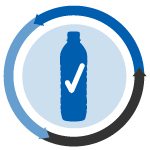 German and Paraguayan companies got the go-ahead to recycle PET into food packaging, and KW Plastics received a similar thumbs up for HDPE.
German and Paraguayan companies got the go-ahead to recycle PET into food packaging, and KW Plastics received a similar thumbs up for HDPE.
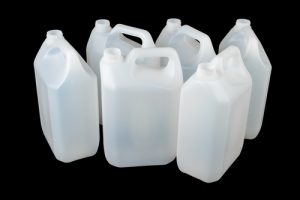
Credit: Imfoto/Shutterstock
According to one product manufacturer’s analysis, HDPE can be shredded, melted and molded into products 10 times before its quality is compromised.
 Scrap plastic exported out of the U.S. is moving to Southeast Asia, where reclaimers are dramatically increasing purchases as China closes its doors to recovered materials. New figures illustrate that shift.
Scrap plastic exported out of the U.S. is moving to Southeast Asia, where reclaimers are dramatically increasing purchases as China closes its doors to recovered materials. New figures illustrate that shift.
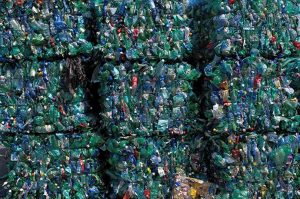 The value of recovered HDPE and PET packaging is flat as the new year begins.
The value of recovered HDPE and PET packaging is flat as the new year begins.
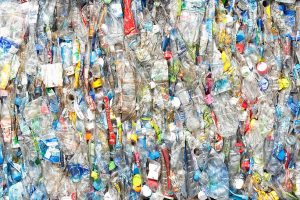 Data from the sale of recyclable plastic bottles in early December suggest the value of recovered packaging will end the year in a slightly weak position.
Data from the sale of recyclable plastic bottles in early December suggest the value of recovered packaging will end the year in a slightly weak position.
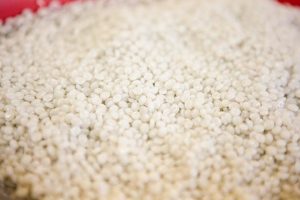 A plastics recycling giant in Alabama will likely be significantly increasing its output of recycled natural HDPE after receiving a letter of no objection (LNO) from the U.S. Food and Drug Administration.
A plastics recycling giant in Alabama will likely be significantly increasing its output of recycled natural HDPE after receiving a letter of no objection (LNO) from the U.S. Food and Drug Administration.
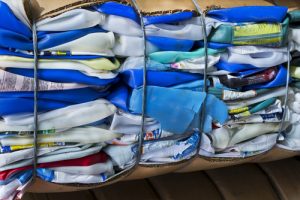 P&G, Coca-Cola and a handful of other major companies have committed to using products containing post-consumer resin in a range of storage and shipping applications, as part of a new program from the Association of Plastic Recyclers.
P&G, Coca-Cola and a handful of other major companies have committed to using products containing post-consumer resin in a range of storage and shipping applications, as part of a new program from the Association of Plastic Recyclers.
